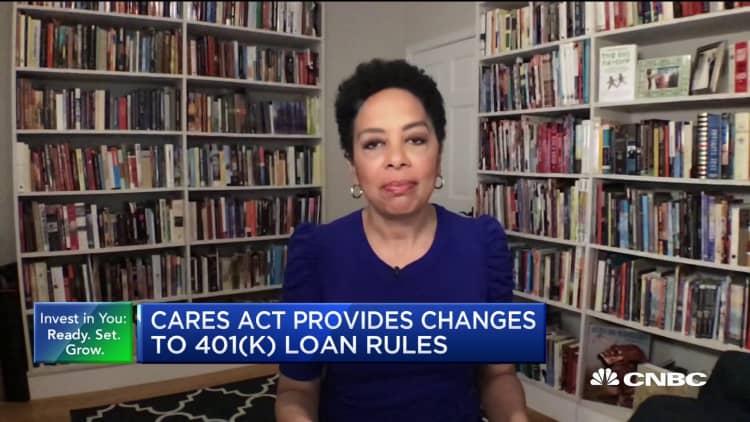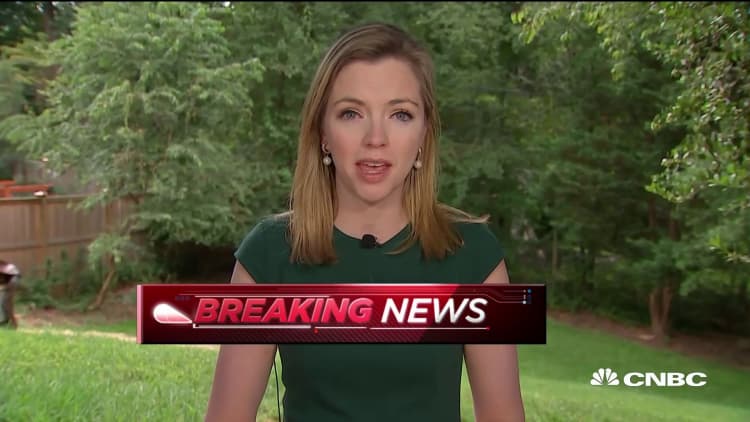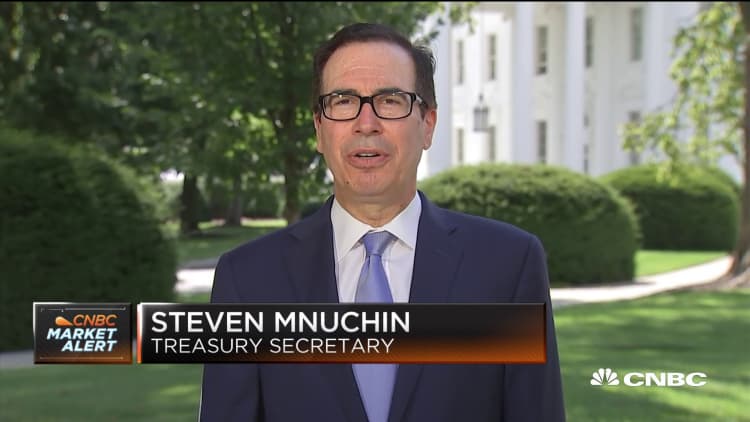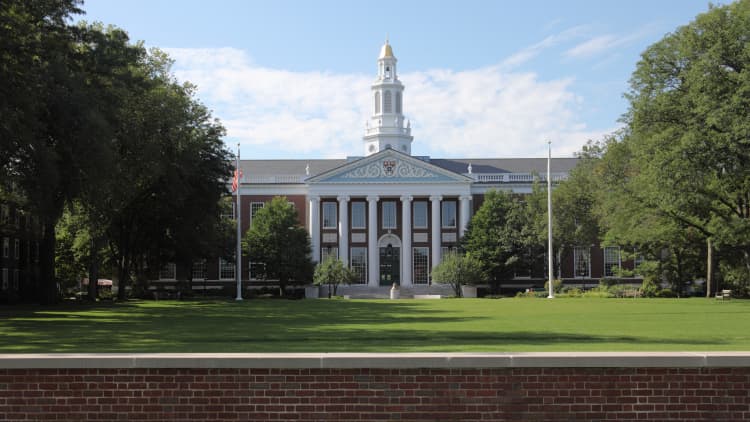Many Americans hope a second stimulus check is on the table in the next coronavirus relief package.
Starting this week, we get to see if Congress agrees.
President Donald Trump has said he is willing to send more direct payments to Americans. More recently, however, the White House has emphasized payroll tax cuts in order to get more money into Americans' hands.
House Democrats included a second set of $1,200 stimulus checks in the HEROES Act, only this time with more generous payments of up to $6,000 per family.
But Senate Majority Leader Mitch McConnell, R-Ky., has said he would like to bring the threshold to qualify down to $40,000. Such a move would dramatically reduce the number of Americans who would be eligible.
It all comes as Republicans and Democrats seek to meet somewhere in the middle between the approximate $3 trillion the proposed HEROES Act would cost and the $1 trillion McConnell has said the government should target in the next package.
More from Personal Finance:
Coronavirus unemployment claims are worst in history
Treasury canceling stimulus checks to dead recipients
'Jumbo' loans may be harder to get. Here's what to expect

Also on the table are a host of other ways to shore up the ailing U.S. economy: enhanced unemployment benefits, back-to-work bonuses, business loans, coronavirus testing and personal protective equipment, and aid to state and local governments.
Stimulus checks may very well still make the cut, said Mark Mazur, director of the Urban-Brookings Tax Policy Center.
"Both the House Democrats and Senate Republicans seem to want to do this," Mazur said.
The size of those checks may be determined by last-minute negotiations, he said.
Lower income threshold
A new $40,000 income cap was suggested by McConnell in order to target low-income Americans who have been hardest hit by the pandemic.
Even if that new limit is approved, the structure of the payments would likely be similar to the last round of checks, Mazur said.

Those checks were cut largely based on previous tax returns – for either 2018 or 2019 – for Americans who file, or federal benefits for those who receive them.
That means the $40,000 threshold could again be based on adjusted gross income, though we don't know for sure at this point, Mazur said.
Like last time, there would also likely be a phase out. The CARES Act provided for individuals with up to $75,000 in income to get full $1,200 payments, while those earning up to $99,000 received reduced checks.
What to watch in negotiations
Because there are so many different areas that Congress is looking to address, the numbers for the stimulus checks may not be determined until lawmakers reach the end of their negotiations, Mazur said.
The good news is payments could reach some people more quickly this time, now that the government is working to address the kinks in the first round of checks. That included stimulus payments loaded on debit cards that were sent in unlabeled envelopes.
Congress often waits until the last possible minute.Mark Mazurdirector of the Urban-Brookings Tax Policy Center
Treasury Secretary Steve Mnuchin praised the IRS and the Bureau of Fiscal Services for sending out 160 million payments totaling $260 billion in "record time" while testifying before the House Committee on Small Business on Friday. At the same time, he vowed to improve delivery of the debit cards, which he said were quicker for the government to send than paper checks.
Other fixes should also be considered, particularly letting immigrant families in on the first round of checks, said Chuck Marr, director of federal tax policy at the Center on Budget and Policy Priorities. Lawmakers should also shore up unemployment benefits and the Supplemental Nutrition Assistance Program (SNAP) before issuing another broad set of checks, he said.
"A second round would make sense, but I would put that below a list of other priorities," Marr said.
Any new funds – including enhanced unemployment benefits – will have to be approved by Congress, which could slow negotiations, Mazur said.
"They sort of know all the parts, so then it's just a matter of mixing and matching them," Mazur said. "That said, Congress often waits until the last possible minute."

Enhanced unemployment benefits are set to run out this week. If Congress re-ups them, but waits until August to do so, that may mean unemployed people will receive retroactive payments.
House Minority Leader Kevin McCarthy, R-Calif., said on in an interview on CNBC on Tuesday that he expects the legislation to be passed "probably in the first week of August."
Congress will not be in session starting Aug. 10. This year, each party will hold its national convention. For Democrats, that will begin on Aug. 17, while Republicans are set to start on Aug. 24. Both parties will likely want to wrap up the legislation before then, Mazur said.
"It's better to say, 'And we did this," rather than, 'We're still working on it,'" Mazur said.



